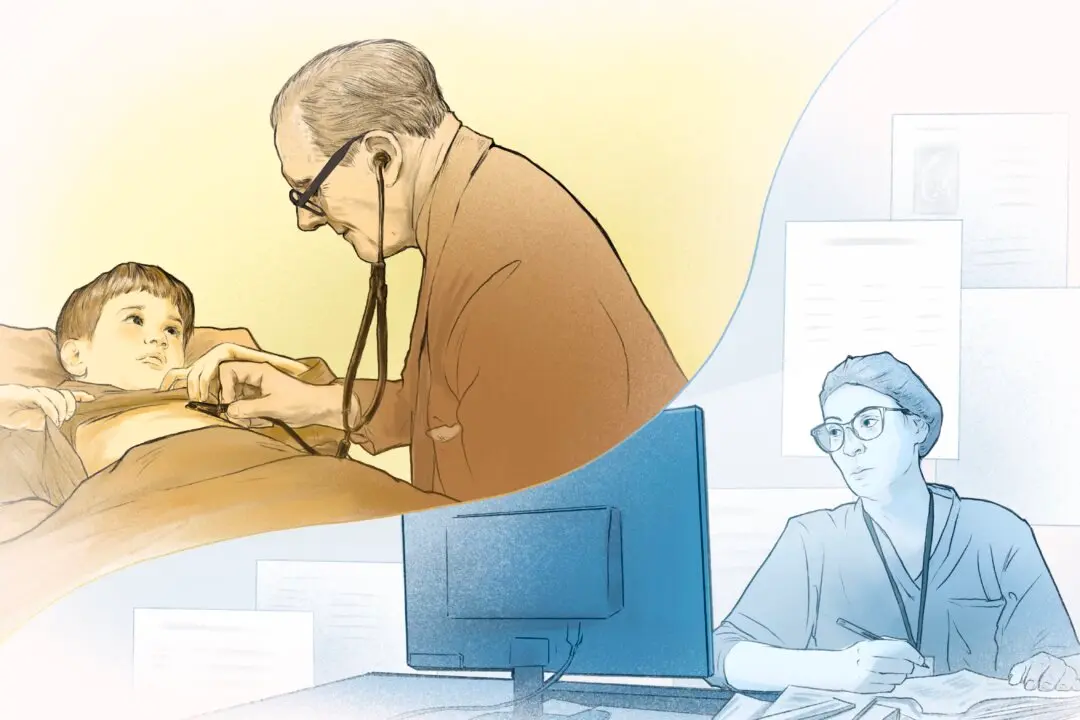Rather than extending lifespan, daily multivitamin use is linked to a 4 percent higher risk of death, according to a large study of healthy U.S. adults conducted by the National Cancer Institute.
The 2024 study challenges the common belief that multivitamins improve health and longevity, even as nearly one in three U.S. adults takes them with those hopes in mind.






